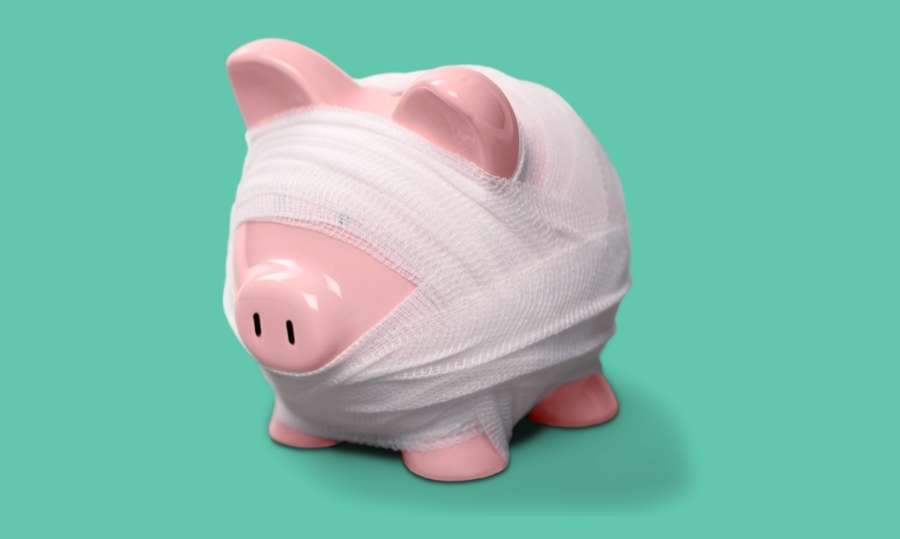It’s fair to say that there has been massive upheaval in both the government and the markets since our blog on Chancellor Kwasi Kwarteng’s mini-budget.
Not only has a new Chancellor, Jeremy Hunt, stepped into the breach, but most of his former colleague’s tax cuts have been reversed in an unprecedented day of economic back-tracking.
So what does this mean for you, the taxpayer and business owner?
Let’s take a look at which of the former chancellor’s policies have survived Jeremy Hunt’s red pen.
Income tax
Top-rate will not be scrapped
Kwarteng announced that the top rate of income tax was to be abolished in his mini-budget.
Ten days later he performed a U-turn on this decision, which would have abolished the 45% top rate of tax on those earning £150,000 or more. As of time of writing, the top rate of income tax remains in place.
Cut in basic rate of income tax on hold “indefinitely”
Two chancellor’s ago, Rishi Sunak had announced that the basic rate of income tax would be cut from 20% to 19%. Kwarteng brought forward the projected start date of this cut by a year. This meant that from April 2023, workers would have been seeing an increase in their take-home pay, with an estimated 31 million people getting around £170 more a year.
However, today Jeremy Hunt has reversed that decision and said that “the basic rate of income tax will remain at 20% and it will do so indefinitely until economic circumstances allow for it to be cut.”
National insurance
Kwarteng scrapped the planned increase in National Insurance and Health and Social Care Levy to take effect from November 2022. Jeremty Hunt today confirmed that he would uphold both of these decisions by the former chancellor.
Corporation tax
The mini-budget had also laid out plans to stop the rise in corporation tax that was scheduled to increase from 19% to 25% in April 2023. The mini-budget had sought to introduce a small-profits rate of corporation tax, protecting small businesses from the 25% rate. However, even before Jeremy Hunt took up his new post, Prime Minister Liz Truss announced that the proposed scrapping would no longer take place. That means corporation tax will be rising to 25% from April 2023.
Stamp duty
Another one of the few mini-budget measures that remains in place is the changes to stamp duty. These changes were announced in September with immediate effect and will continue as they are. No stamp duty will be charged on the first £250,000 of a property purchase. First-time buyers will enjoy a higher allowance of £425,000 compared to pre-September’s threshold of £300,000.
VAT
Hunt also announced today that the government will no longer be proceeding with the new VAT-free shopping scheme for non-UK visitors.
Excises duties
The scrapping of planned increases in alcohol duties has been reversed as well. That means that the rise in duty paid on alcohol will now take place.
Help with energy costs
Jeremy Hunt has scaled back the longevity of the Government’s proposed Energy Price Guarantee. The guarantee was originally set to be a two-year price cap freeze on how much suppliers could charge per unit of energy. Instead, the freeze will only last for six months, with the treasury undertaking a review of how they offer support from next April.

